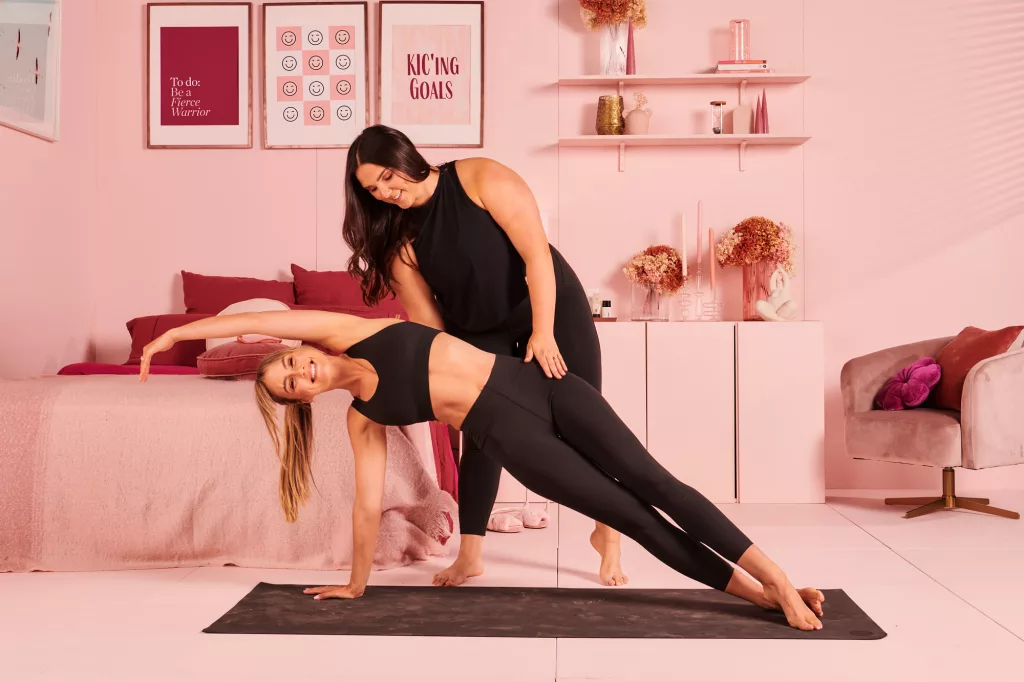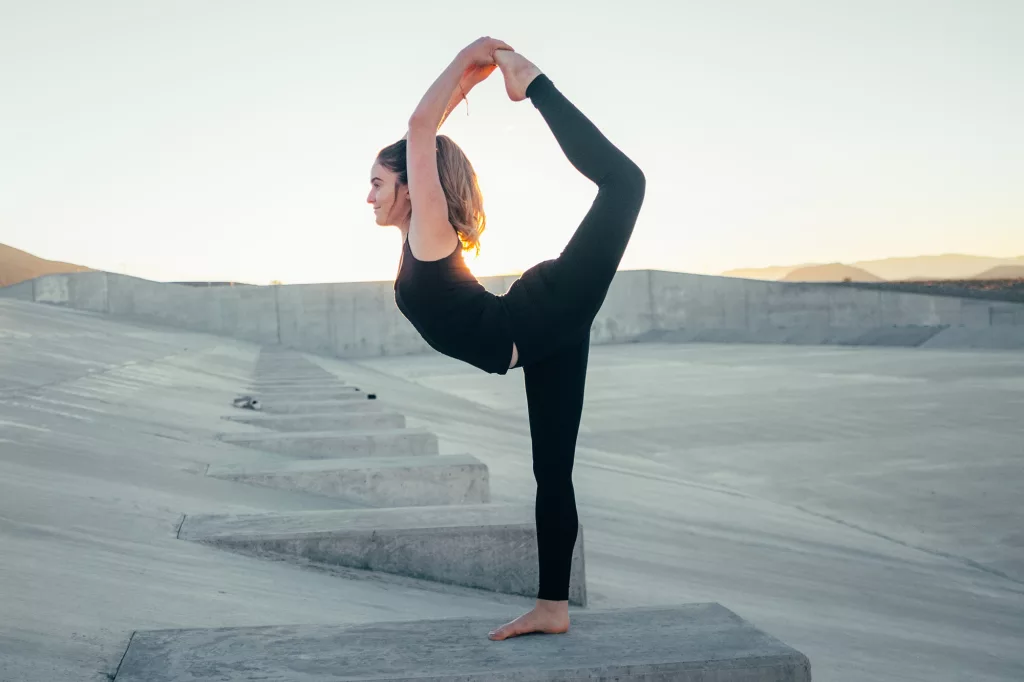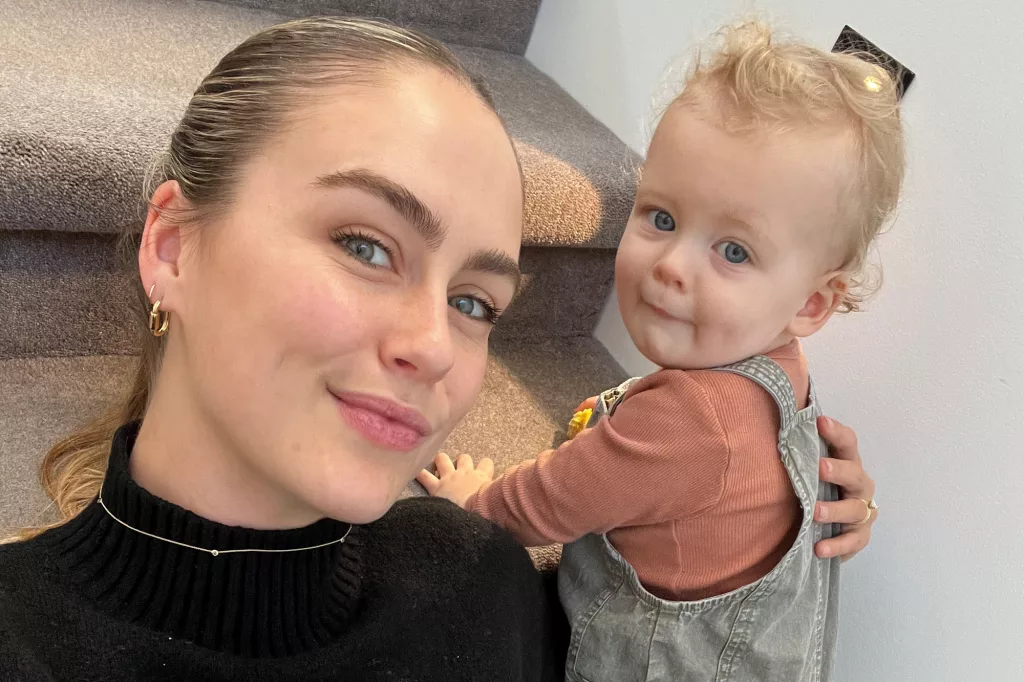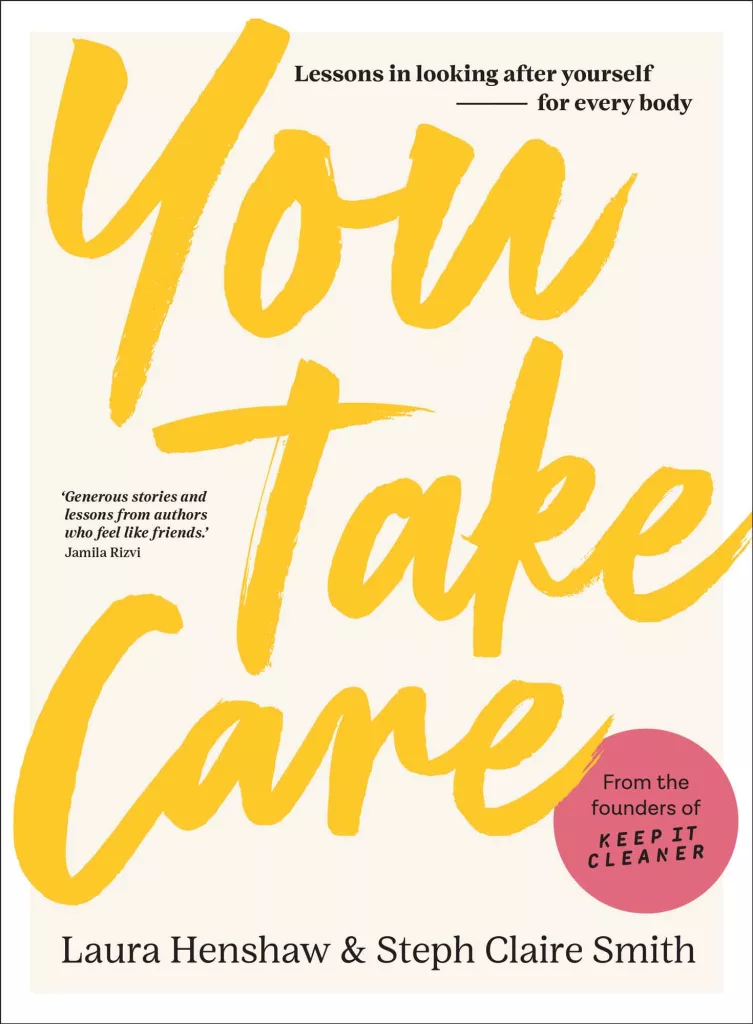Ahh, burnout. Anyone who has experienced any level of burnout will know how absolutely debilitating it can be. Laura Henshaw and Steph Claire Smith of KIC show us how to recognise and prevent it.
By Laura Henshaw and Steph Claire Smith
Every aspect of your life suddenly feels weighed down by huge boulders or like there are hurdles in the way at every turn. Even simple tasks feel impossible, and all emotions [good or bad] are heightened and uncontrollable.
I [Steph] have been burnt out on a couple of occasions over the last few years, so I have personal experience with these feelings. Not acknowledging it at the time and not knowing what to do about it left me feeling incredibly lost, hopeless and exhausted. And it felt like there was no end to it.
So I’m really hoping that sharing tips and tricks and ways to identify burnout will help you avoid it. Or at least move through it quicker than I did. Let’s become aware of what it is, why it comes about and what you can do to manage it.
“WHEN SOMEONE IS STRUGGLING WITH BURNOUT, THEY’RE LIKELY TO FEEL OVERWHELMED. AND WHEN SOMEONE’S OVERWHELMED, THEY ARE LIKELY TO RETREAT AND AVOID SOCIAL OCCASIONS WITH LOVED ONES OR CO-WORKERS.”
What is burnout?
Burnout can happen to anyone. But it does tend to come knocking more often on the doors of those working in high-stress environments, those with A-type personalities or those juggling too many things at once. Basically, anyone who’s continuously stressed out.

Signs of burnout
Exhaustion: Burnout can lead to forgetfulness and difficulty concentrating.
Isolation: When someone is struggling with burnout, they’re likely to feel overwhelmed. And when someone’s overwhelmed, they are likely to retreat and avoid social occasions with loved ones or co-workers.
Loss of motivation: Some people find they lose sight of their own career goals and ambitions, and even lose pride in their own work.
Irritability: All emotions are heightened, and some people find they are short-tempered or easily irritated by things that wouldn’t usually make them feel this way.
Frequent illness: Burnout can affect an individual’s physical and mental health. Long periods of stress can equate to a lower immune system.
After reading through the signs, do you think you’ve experienced burnout? Let’s discuss the ways in which we can avoid that ever happening again. If you’ve never experienced it, let’s keep it that way.
How can we prevent it?
If being overly stressed for a long period of time is one of the main factors leading to burnout, then managing stress is one of the best ways we can avoid it. So, how do we manage stress? Here are some ideas.
Look after your physical self: We all know that when we’re eating well, fuelling ourselves with the right nutrients, moving our body regularly and finding exercise that we enjoy, we feel better from the inside out. Exercise can have a huge impact on not only your physical health but your mental health, too.
Set boundaries: This is a big one. A lot of the time, a busy schedule can tip us over the edge when we’re overwhelmed. Whether you have a lot on your plate as a full-time mum or a full-time lawyer, everyone in the world needs time to recharge. What you do with your free time is up to you, but work through your priorities and start becoming comfortable with using the word ‘no’.
Reach out: If you’re struggling, don’t be afraid to ask for help. Whether it’s friends and family helping with things around the house or a colleague taking a task at work off your hands, be okay with not doing it all on your own.
Get some sleep: I never struggled with sleep until becoming a mum. And I can confirm that being sleep deprived is honestly one of the most challenging things ever. It makes everything that much harder. Find a reasonable bedtime that suits you and your lifestyle and try to stick to it. Sleep is so important, so think of yourself as a piece of technology – you need time to recharge in order to work.
Think a friend might be struggling with burnout? The best way you can help is by letting them know you’re there for them. Offer to help out where you can and if you know they’re the type to always refuse help, jump in with a kind gesture that you know will take something off of their plate.
Fill your own cup first
From a young age, children [especially female children] are taught certain social conventions to help them ‘fit in’ and be seen as polite.
These conventions include never pouring a drink into their own glass before filling the glasses of those around them. Waiting for everyone to be served before they start eating. Never getting anything for themselves in a group scenario without first asking others if they would like something.
These behaviours are polite and intended to make the people around you feel good. And it’s true that when we are literally filling up our cup, it is kind to fill others’, but when we are talking about figuratively ‘filling our cup’, it can be damaging to think this way. In fact, we need to think the opposite way.
Try thinking about it like this
You know the feeling you get when your car is down to the last ten kilometres of fuel, and your petrol light starts flashing? Mild panic, right? You recognise that you are nearly on empty, so you rush to the closest petrol station because you know that if you don’t fill up, your car will stop dead in the middle of the road until it’s refuelled.
Once that tank is empty, you cannot scream at your car and ask it to practise manifestation and magically start again. Unless it has fuel in it, it simply will not run. (If your tank never runs low because you are a very organised person, then kudos to you!)
Now, think about your body and mind the same way. The body’s warning systems are not quite as straightforward as a flashing light on a dashboard, but the mind is very smart, and it sends warning signs when you need to slow down.
The more these are ignored, the louder they get, and the bigger the risk they are to your overall health. In our busy world, it can be hard to recognise these warning signs amongst all the noise, but you must try. It is vital to your wellbeing.
When we are overworked and our tank has been running on empty for too long, we can arrive at burnout, and that’s a place we really want to avoid.
Easy ways to fill your cup
- Read a book in the sunshine
- Walk in nature
- Swim in the sea
- Meditate
- Have dinner with someone who makes you smile
- Dance to your favourite music
- Take yourself out for breakfast
- Bake a cake (only if you find baking therapeutic)
- Take a nap
- Listen to a podcast in your favourite park
Me-time
I’m a huuuge fan of me-time. Without it, I am far from my best self. I’ve worked hard throughout my twenties and have really thrived on the hustle and bustle life for most of it. But when COVID hit (of course, the global pandemic would make an appearance at some point in this book), most of us were forced to slow down.
Over a two-year period, I, like a lot of people all over the world, spent most of my time in lockdown. Suddenly, all modelling gigs went out the window. Travel opportunities faded away. And events for our company kept getting pushed back.
Weekends that used to be filled with catching up with friends and family were now filled with bingeing a new TV series. And even though everyone hates traffic, I found myself dreaming of getting to go somewhere in my car that wasn’t the supermarket.
Anyway, the point is that life changed dramatically. I was extremely fortunate to still be able to work from home on our business, but outside of that, there really wasn’t much to do.
I started to take my time in the morning and would go for a walk with my husband, Josh, and spend some quality time with him before logging on to work that day. At lunchtime, I would have enough time to fit in a workout. Or I’d take time to create a delicious meal and actually sit down for lunch with Josh rather than at my desk.
In the evenings, I had so much time to wind down however I wanted as we had no plans. I found that when I slowed down, I was way more productive with my work and a much happier, less stressed version of myself.
‘Me-time’ can be for anything you want it to be – it’s a time for self-love. It should bring you peace, bring you joy, allow you to lose track of time and connect with yourself.
Things I do during my me-time
Move my body: I love going for long walks by myself or following a KIC workout at home.
Take a bath: A bath bomb or bubbles are an absolute necessity. I grew up watching my mum draw herself a bath at least once a week. And it was her ‘alone time’. She always lit a candle and read a book in there. Now that I’m an adult, I can see why she found this so relaxing.
Watch a movie: I absolutely love watching movies, new or old, funny or sad. I just love getting lost in another world and another story that isn’t mine.
Draw: Drawing cartoons has been something that has brought me a lot of joy since I was a kid. The thing I love about it the most is how I always lose track of time once I start. Plus, it takes me away from my phone.
Paint my nails: I don’t know why, but I find it so therapeutic.
Making time for yourself should be non-negotiable. As we’ve already mentioned, you cannot pour from an empty cup. So make sure you’re making time for the things that fill that cup back up.
Text from You Take Care by Laura Henshaw and Steph Claire Smith. Murdoch Books RRP $36.99.











